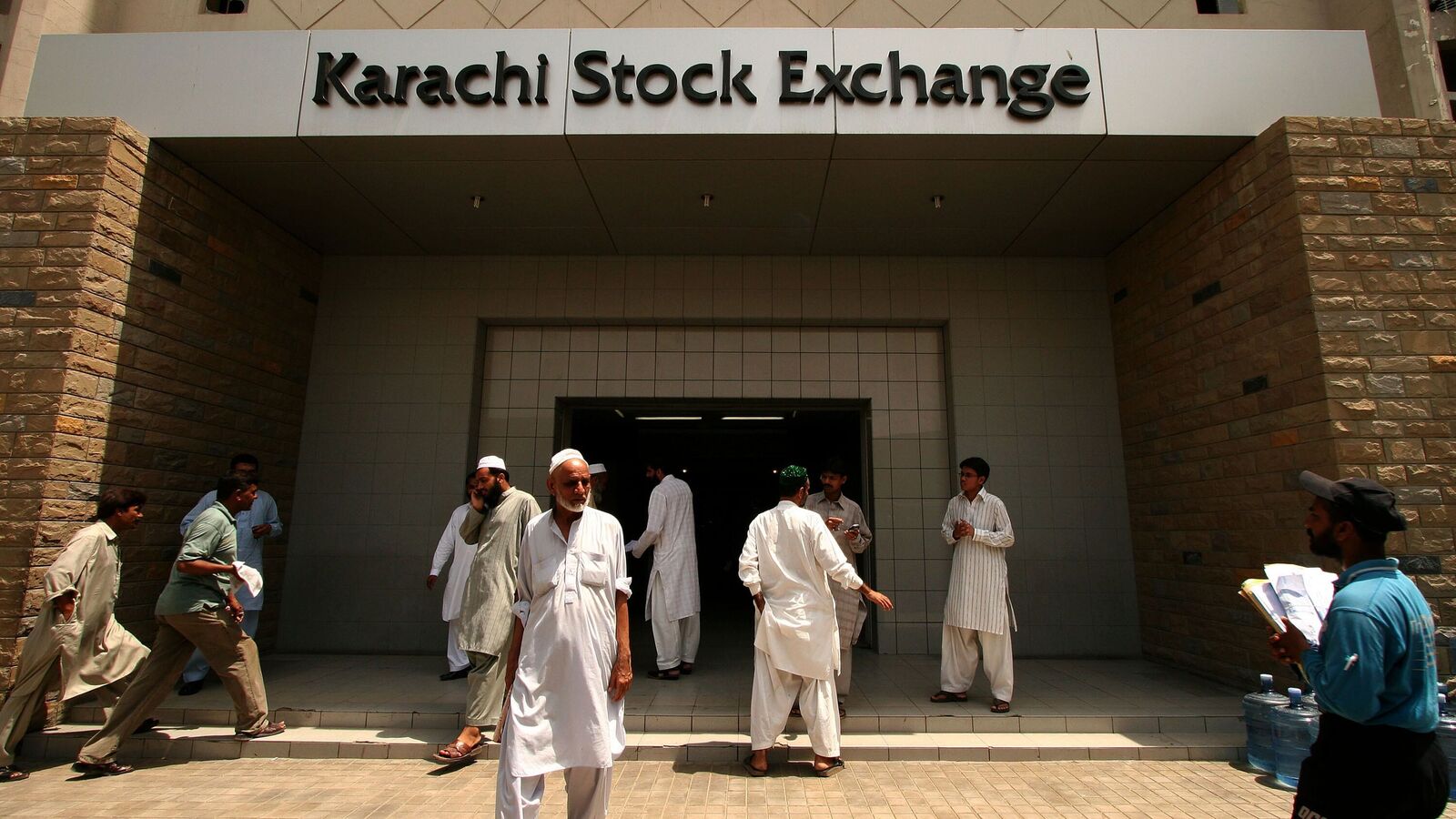The recent turmoil in the Pakistan stock market has left investors rattled, with the benchmark KSE-30 Index experiencing a staggering drop of over 9% in just four days. This decline, attributed to escalating tensions between India and Pakistan, has raised alarm among investors on both sides of the border. On Friday, the KSE-30 Index plummeted by 3%, marking its lowest point since December 19, and at one stage, it recorded a 6.1% drop. In stark contrast, India’s NSE Nifty 50 Index managed a slight gain of 0.1%, despite a day filled with fluctuations.
Market Reactions to Geopolitical Tensions
The pressure on the Pakistan stock market has been palpable, especially after the KSE 100 index witnessed a 9.5% loss over the last four trading sessions. The situation escalated further following a Pahalgam terror attack on April 22, which took the lives of 26 civilians and prompted India to launch Operation Sindoor. This military operation, aimed at dismantling terror infrastructure in Pakistan and Pakistan-administered Kashmir, has intensified investor apprehension.
- Key Losses:
- KSE-30 Index: Dropped 3% on Friday
- KSE 100 Index: Lost 9.5% in four trading days
- Since April 22: A total decline of 12.5%
Implications for Indian Investors
The Indian response to the Pahalgam attack has led to increased interest in defense companies such as Hindustan Aeronautics (HAL) and Bharat Electronics (BEL). Such military operations often result in heightened government spending on defense, which can positively impact these sectors. However, foreign institutional investors (FIIs) typically withdraw during periods of geopolitical unrest, leading to potential short-term selling pressure in Indian equities.
- Defense Sector Gains:
- Hindustan Aeronautics (HAL)
- Bharat Electronics (BEL)
- Bharat Dynamics
Safe-Haven Assets on the Rise
As uncertainty grips the markets, many investors are gravitating toward more stable assets like gold and the US Dollar. This trend has historically driven up gold prices, while the Indian Rupee has experienced a slight decline against the dollar.
A Silver Lining: India-UK Free Trade Agreement
Amidst these geopolitical challenges, a significant development is the official signing of a Free Trade Agreement (FTA) between India and the United Kingdom on May 6, 2025. This landmark agreement aims to boost bilateral trade by £25.5 billion annually by 2040, with a 90% tariff reduction on British goods, including automobiles, whisky, and machinery.
- Key Benefits of the FTA:
- Enhanced access for UK service companies to Indian markets
- Potential job creation in India
- Estimated £4.8 billion increase in UK GDP yearly
Ankur Sharma, a market analyst at VT Markets, highlights the dual impact of the current geopolitical climate and the promising economic prospects presented by the FTA. "While the ongoing tensions bring uncertainty, the UK-India FTA offers a significant opportunity for growth," he stated.
Investors are urged to stay informed and monitor these developments closely, as they could shape the future of the markets in the coming months.











